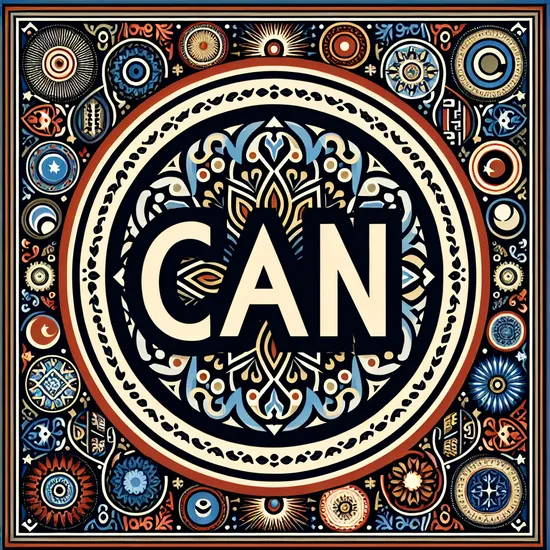Meaning of the Name Can
The name Can is imbued with meanings that resonate deeply across cultures. In Turkish, Can notably signifies soul or life, emphasizing vitality and spirit. This symbolic choice aligns with attributes like emotional depth and compassion. In other cultural contexts, it can denote strength or ability, underlining a sense of capability and inner vitality that empowers individuals.
Find more names related to the name Can.
Soul, Life, Strong, Noble, Kind, Brave, Guardian, Turkish, Persian,
